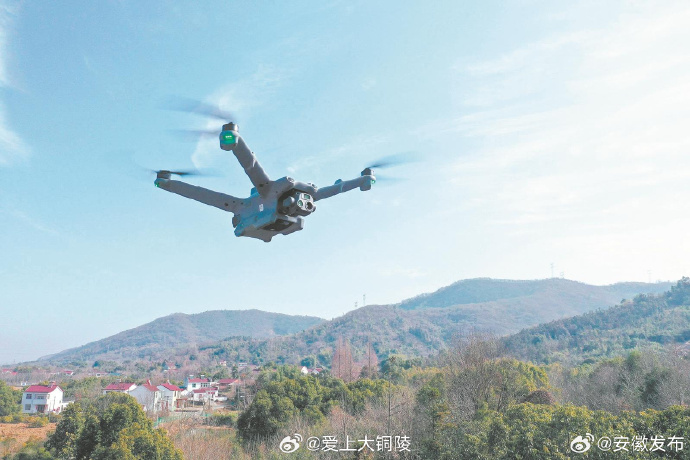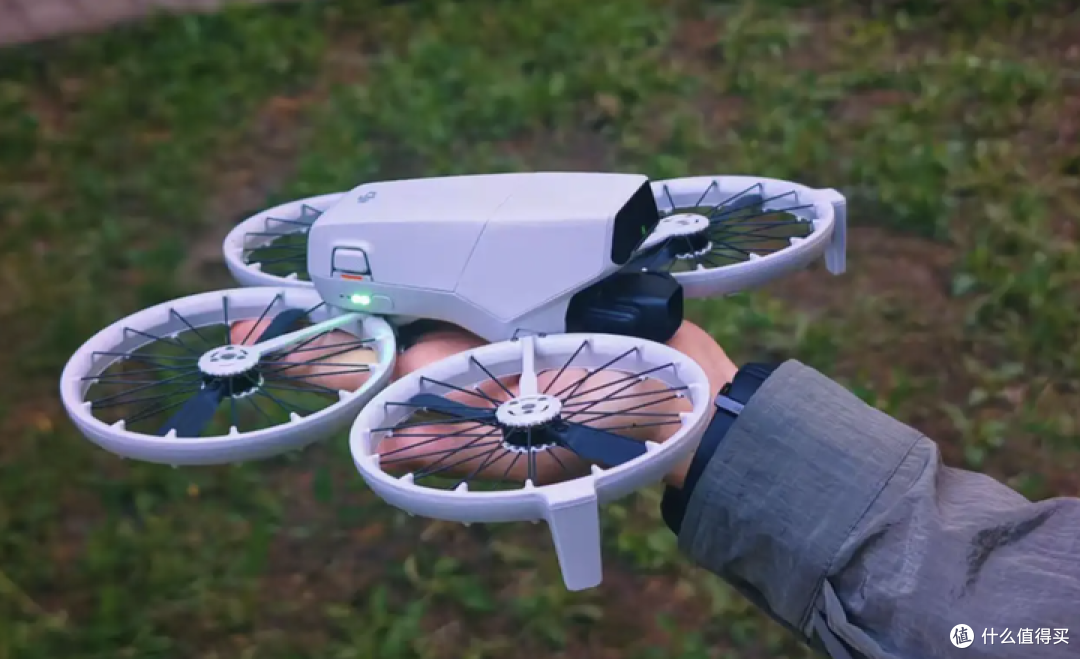If you’re a drone enthusiast looking to explore the skies, one crucial step you shouldn’t overlook is navigating FAA UAS drone registration. Understanding the intricacies of drone registration and adhering to FAA guidelines ensures not just legality, but also safety in your aerial adventures. To kickstart your journey, let’s delve into the nuances of this process, breaking them down for clarity and comprehension.
Understanding FAA UAS Drone Registration

The Federal Aviation Administration (FAA) mandates the registration of unmanned aircraft systems (UAS) or drones, primarily for accountability and regulation purposes. Whether you’re flying for recreation or commercial purposes, comprehending these guidelines is integral. Let’s unfold the essential steps:
- Determine Your Drone’s Purpose: The type of flight—recreational or commercial—influences your registration requirements. Recreational use involves drones flown purely for enjoyment, abiding by specific hobbyist rules. Conversely, commercial use demands adherence to Part 107 regulations, which include operation for business benefits.
- Register Your Drone: The registration process is straightforward for hobbyists. You must register your drone at FAA’s DroneZone for a small fee, which grants you a unique identifying number. Commercial pilots, however, might require additional certifications depending on the drone’s weight and intended use.
- Labeling Your Drone: Once registered, it’s necessary to display your unique ID visibly on the drone. This identification aids in accountability and retrieval if your drone is lost.
Compliance with FAA Regulations
Adhering to guidelines doesn’t end with registration. Compliance entails understanding airspace rules, respecting privacy laws, and avoiding restricted zones. Failure to observe these regulations can lead to penalties or flight restrictions.
Importance of Safe Drone Operation
Safety is paramount when operating drones. Ensuring your drone is always within your visual line of sight guarantees control over its movements, minimizing risks associated with mishaps or collisions. Additionally, novice flyers should progressively build their expertise, ideally practicing in open areas devoid of obstacles.
Remember, flying a drone comes with responsibility. Understanding FAA UAS drone registration principles not only complies with federal regulations but ensures the skies remain safe for everyone.
Technological Advancements and Registration Updates
As drone technology evolves, registration processes may adapt to cover new features and flight capacities. Keeping abreast of these advancements is beneficial for future compliance, ensuring continued legality and operational freedom.
Frequently Asked Questions
What happens if I don’t register my drone?
Failure to register your drone can result in civil penalties. Airlines ensure compliance for accountable and monitored UAS operations.
Can I fly my drone anywhere?
Not everywhere is drone-friendly. Avoid flying near airports, military bases, or sensitive areas. Always check local restrictions.
Is drone registration a one-time process?
No, registrations for hobbyist drones last three years, after which renewal is necessary for continued legality.
